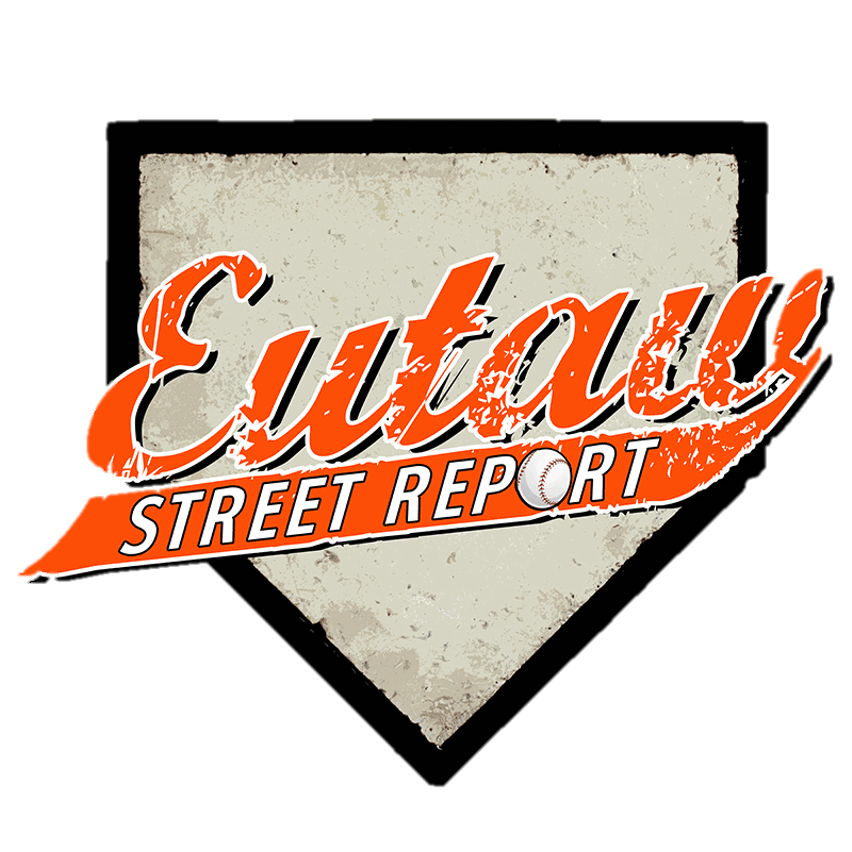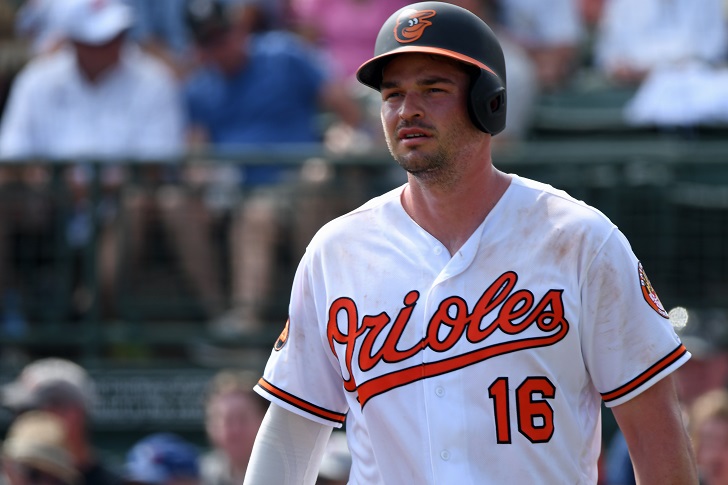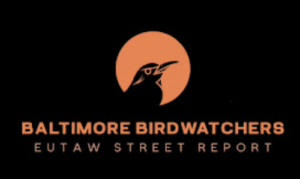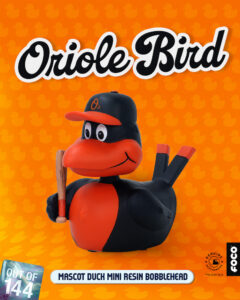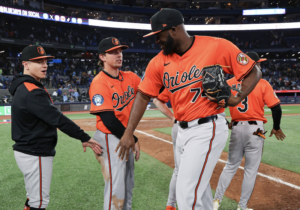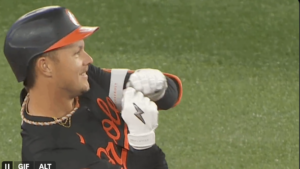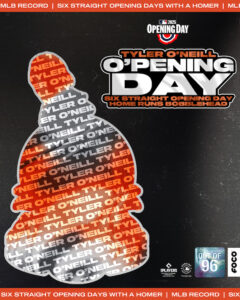Salary arbitration was introduced to Major League Baseball during the 1973-74 offseason, preceding the modern free agency system by two years. Arbitration has grown to be just as much an offseason institution as the Winter Meetings, Rule 5 draft, and free agency itself. While having the reputation of being a contentious airing of contrived grievances by team management in hopes that the arbitrator rules in their favor, some within the game have offered an alternate perspective; former Marlins President David Samson has described hearings with his players as cordial, even bordering on friendly, during appearances on The Dan Le Batard Show with Stugotz.
While organizations may view arbitration as simply procedural and nothing more, they run the risk of creating an optics problem. Haggling over a few hundred thousand dollars seems more like penny pinching relative to the money baseball generates. For the Baltimore Orioles, the current cases of Trey Mancini and John Means are dangerously toeing the line between the two.
Mancini $8M, #Orioles $7.375M
Means $3.1M, Orioles $2.7M— Joel Sherman (@Joelsherman1) March 23, 2022
The club was unable to reach agreements with Mancini and Means, who asked for $8m and $3.175m respectively. The sides were separated by a little over one million dollars combined, barely over the major league minimum for one player. Often mentioned as players who could remain in orange and black and be valued members on potential playoff teams, it was a bit strange to see that the team reached settlements with everyone except 16 and 47. It seems asinine to go to hearings with two of your best players over relatively small amounts when expenditures are already low.
Mancini has been one of the few constants throughout the rebuilding phase and has become arguably the fanbase’s most popular player. While not a superstar by any statistical metric, he’s been a productive offensive player who’s accumulated 5.9 fWAR in his Orioles career, including a 3.5 win 2019 season. After being unable to partake in baseball activities during his decisive victory against cancer, Mancini came back in 2021 with an above average offensive season, which is a testament to his ability and his work ethic. With a full season of health and reps under his belt, it’s easy to envision Mancini building upon that and producing numbers closer to his 2019 outputs, and he’s already provided surplus value According to Fangraphs calculations, Mancini has provided $47.8 million of value, a $9.56 average annual value which includes the 2018 season wherein he was below replacement level, so why stress over a difference of $625k when you’re likely to get commensurate production regardless?
Means is entering his first year of arbitration after three seasons of making the league minimum. He has unequivocally been the Orioles’ best starter since 2019 and would have no problem finding a place in a competitive team’s rotation (unless you’re the Blue Jays and have 94 good starters). Means has produced 5.7 fWAR since 2019, placing him 46th among MLB starting pitchers. Had this process happened last winter, before Means pitched well again and showed that his 2019 was not a flash in the pan, some skepticism could be excused and the Orioles’ position may be justified given there was a smaller sample. Going to a hearing this winter could easily be perceived as unnecessarily frugal.
Professional sports front offices are not often well served by making decisions based on what fans want, or fear of how the fans will respond to said decision. However, the Orioles are treading on paper thin ice and it may behoove them to factor in public perception – at least temporarily. Make no mistake, the Orioles have been investing capital. The analytics program was birthed from a bare bones operation, a new facility is under construction in the Dominican Republic, and the team is spending more on international amateurs than ever before. The left field renovation isn’t cheap either.
While those things can be true, and while the team may be doing this as a procedural measure with no malice or ill will intended, the optics are poor. Combine the major league low payroll with the recent news that MASN will not send broadcast teams to road games, and it’s easy to see why fans may be inclined to think this is yet another act of cost-saving greed. Off-field investments are up, but on-field expenditures remain low, and it will take more than an offer to Carlos Correa (reported by our own Ryan Blake, among others) to assuage O’s fans’ concerns. Playing hardball with two of your most popular players over peanuts will do nothing to help. Is it consequential in the long term? Probably not. Will it dissuade future free agents from coming here or re-signing here?
No, but refusing to settle with Means and Mancini was an avoidable misstep that did nothing but annoy a fanbase already filled to the brim with angst.
